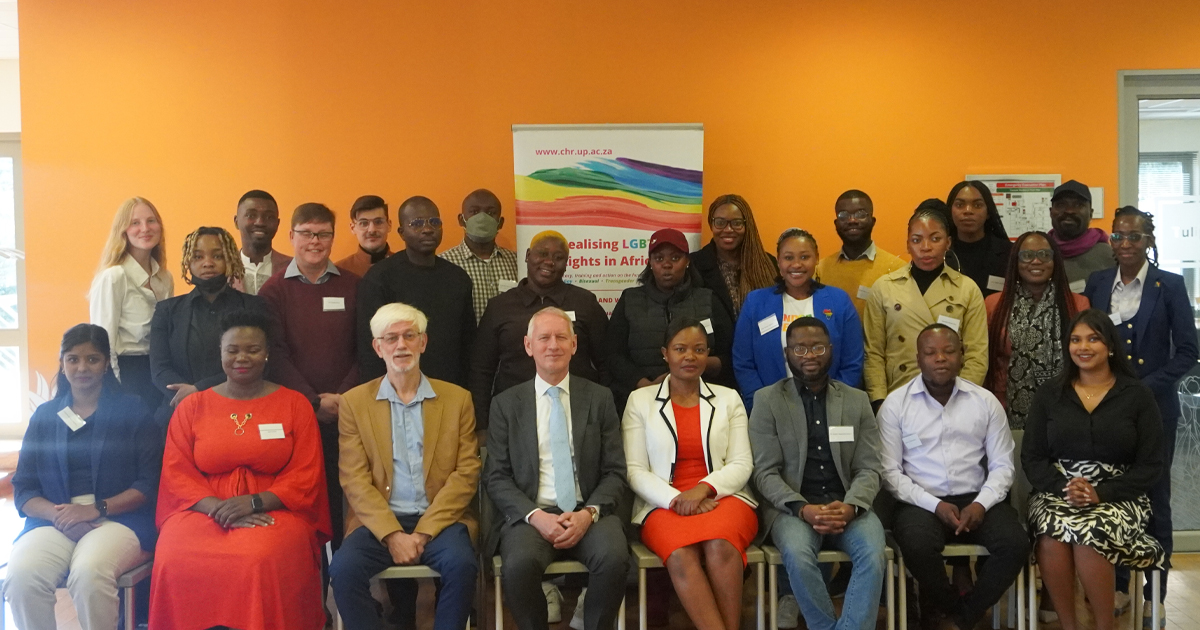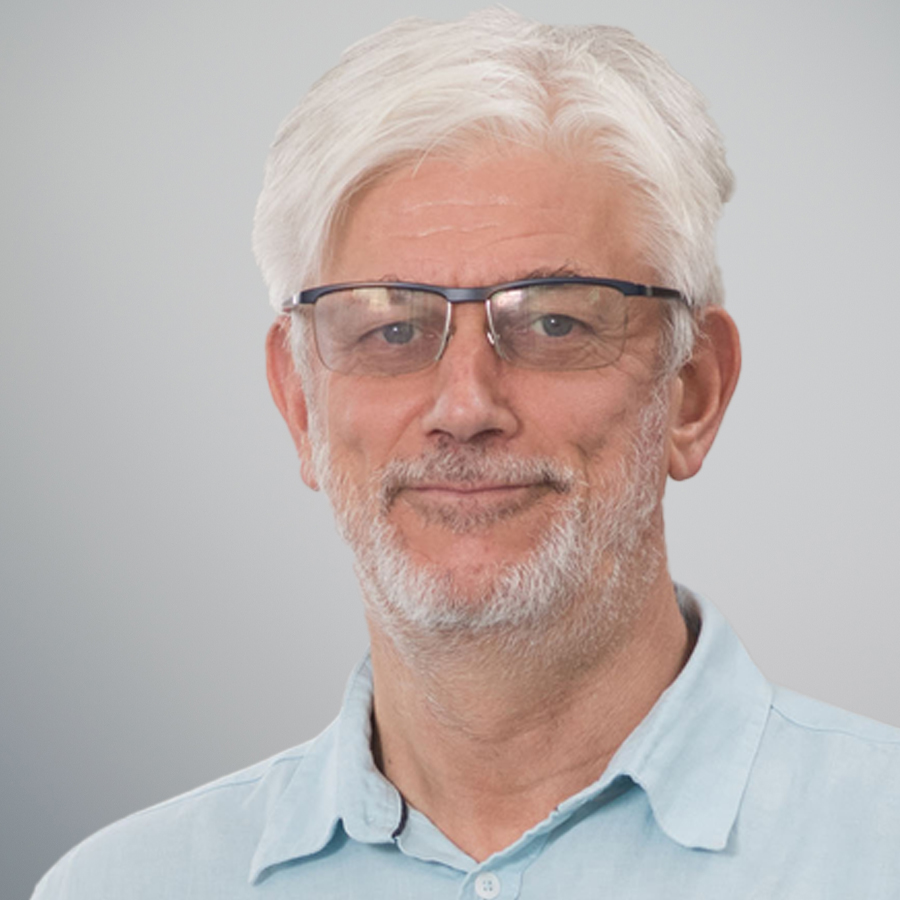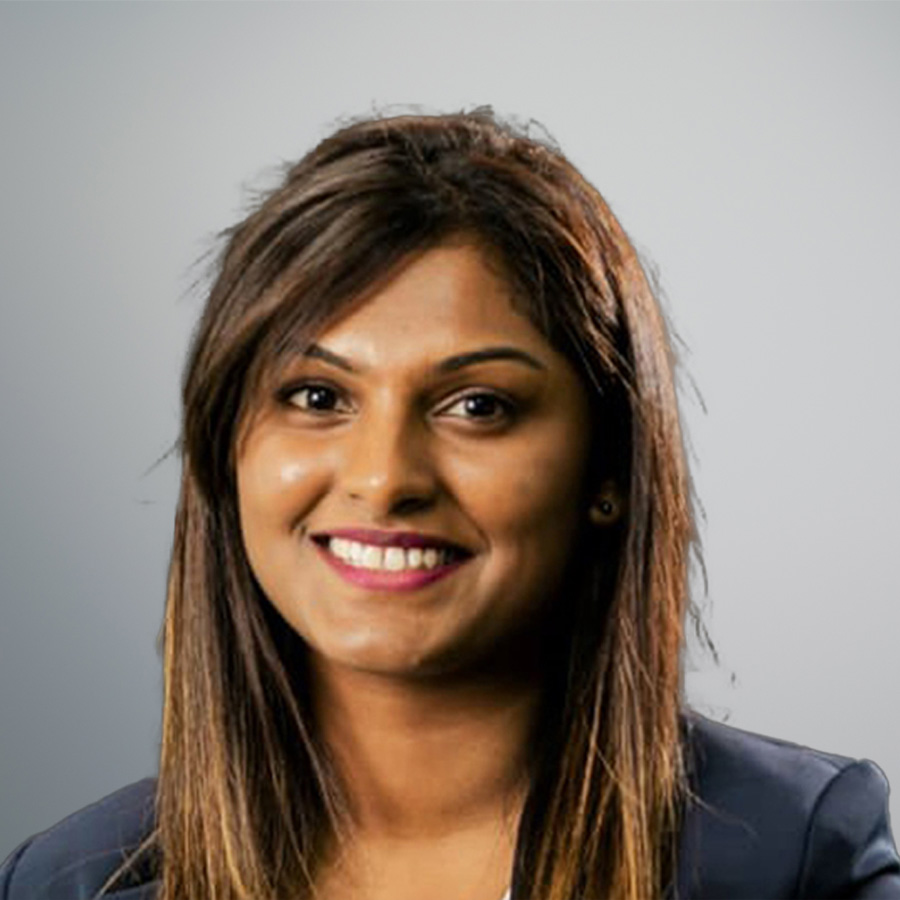The Centre for Human Rights, Faculty of Law, University of Pretoria, with the support of the Embassy of the Kingdom of the Netherlands in South Africa, hosted a week-long capacity-building workshop on strategic litigation and advocacy for LGBTI+ human rights defenders in Africa. The workshop is an annual event organised by the Centre’s Sexual Orientation, Gender Identity and Expression, and Sex Characteristics (SOGIESC) Unit. The workshop aims to capacitate LGBTI+ human rights defenders in Africa with knowledge and skills to conduct strategic litigation and advocacy supporting litigation efforts. This year’s edition took place in Pretoria from 22 to 26 August 2022.
The workshop participants hailed from several countries, including Cameroon, Egypt, the Kingdom of Eswatini, Ghana, Ivory Coast, Kenya, Malawi, Mauritius, Morocco, South Africa, Uganda, and Zimbabwe. Participants were welcomed by Ambassador Han Peters of the Embassy of the Kingdom of the Netherlands in South Africa. and the Director for the Centre for Human Rights, Prof Frans Viljoen. Ambassador Peters expressed his honour to host the participants, praising South Africa’s engagements with the advancement of human rights, specifically the rights of LGBTI+ persons and calling on other states to adopt this approach towards inclusion. Prof Viljoen stressed the importance of public litigation and advocacy campaigns to change public approaches and attitudes towards LGBTI+ persons in Africa. The Project Manager of the SOGIESC Unit, Dr Ayodele Sogunro also introduced the mandate of the Unit of advancing the rights of LGBTI+ communities in South Africa and across Africa through research, advocacy and training.
Tel: +27 (0) 12 420 3228
frans.viljoen@up.ac.za
Throughout the week, the participants engaged in various events including lectures, interactive sessions, and practical activities. The presentations on international law and strategic litigation included: an introductory lecture on the practical foundations of strategic litigation by Dr Adrian Jjuuko, Executive Director of the Human Rights Awareness and Promotion Forum (HRAPF) in Uganda, with an emphasis on why certain tools and strategies should be drawn on when advocating for LGBTI+ communities using law; a discussion on strategic litigation and advocacy geared towards the decriminalisation of identities, behaviours, professions, or actions by Tashwill Esterhuizen, a legal adviser at Amnesty International; the use of strategic litigation in transnational activism throughout the continent by Sibongile Ndashe, founder and Executive Director of the Initiative for Strategic Litigation Africa (ISLA); and a lecture by Dr Ayo Sogunro introducing the African human rights system and the importance of Resolution 275 in strategic litigation and advocacy for the rights of LGBTI+ persons. Beyond law, the workshop also dealt with issues affecting LGBTI+ advocacy with a variety of presentations covering: media advocacy and engagement; the myths and harm of conversion practices; legal-gender recognition; faith-based LGBTI+ advocacy; grassroots movement-building; and the importance of mental health and self-care for LGBTI+ activists. Dr Felicity Daly, a Research Fellow with the Institute of Commonwealth Studies, also presented her African Human Rights Policy Paper - ‘Developing evidence for LGBT+ Inclusive Policy in Africa: A literature review’, stressing the importance of evidential data in ensuring the inclusion of LGBTI+ persons in the sustainable development goals.
Issues affecting advocacy for specific communities were also covered in the workshop. Two discussions by Sylvester Kazibwe and Crystal Hendricks, both from IRANTI, engaged participants on the importance of language used in advocating for trans rights and the exclusion of intersex persons in LGBTI+ movements and spaces respectively. Relatedly, a panel discussion on LBQ advocacy in Africa between Dr Rudo Chigudu, activist-scholar and feminist, along with Sohela Surajpal and Thiruna Naidoo (both Project Officers of the SOGIESC Unit) also critically examined advocacy for LBQ women and encouraged a reflection on the evolution of LGBTI+ movements with a focus on the intersectionality of the struggles of LBQ women.
Participants also had the opportunity to reflect on the LGBTI+ situation in their countries and across the various African regions. Notably, a number of reflections on strategic litigation picked up lessons from LEGABIBO’s success with the decriminalisation case in Botswana. Ghana and Morocco were also given special mention in the workshop, with a deep-dive on the anti-LGBT+ Bill in Ghana by Dr Ernerst Yaw Ako, (lecturer at the University of Cape Coast, Ghana) and Dr Amanda Odoi, (Research Fellow at Centre for Gender Research Advocacy & Documentation in Ghana) while Soufianne Hennani, an independent activist for the rights of LGBTQI+ people from Morocco, gave an insightful presentation on the historical, legal, social and political contexts of LGBTI+ movements in Morocco.
Participants also had an opportunity to build rapport and demonstrate their learnings through a litigation strategy exercise session. The participants were divided into three groups and addressed a panel of examiners on issues arising from a hypothetical case. The workshop concluded with a dialogue on ensuring the continuity and success of the issues discussed and suggestions on concrete steps into the future for strategic litigation and advocacy in Africa.
For more information, please contact:
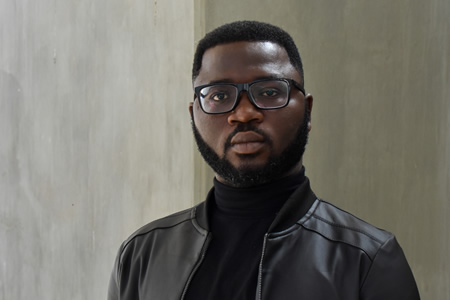
Tel: +27 (0) 12 420 3151
Fax: +27 (0) 86 580 5743
ayodele.sogunro@up.ac.za
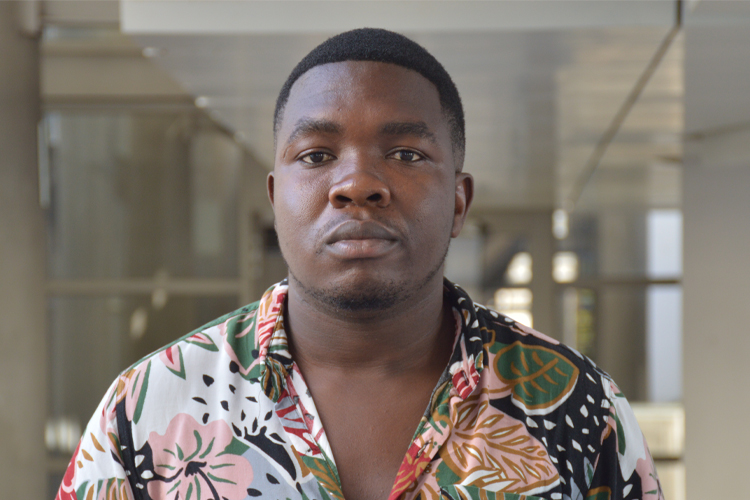
Tel: +27 (0) 12 420 3151
Fax: +27 (0) 86 580 5743
nathan.milanzi@up.ac.za

